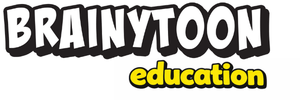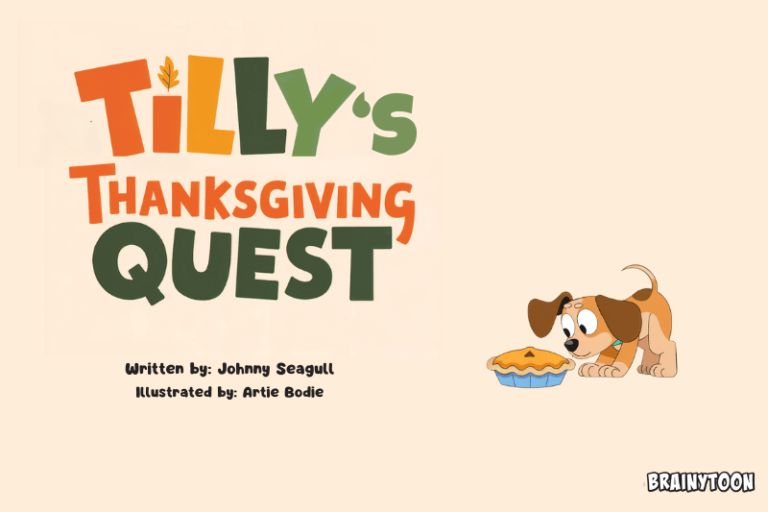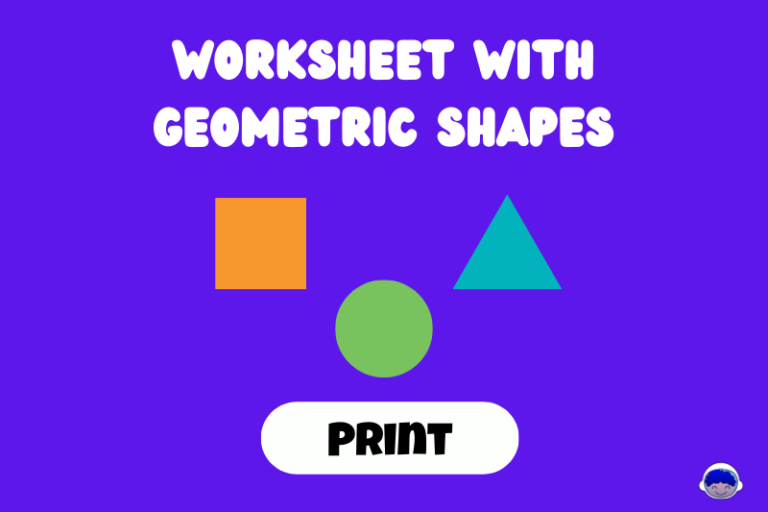Fun and educational games for preschool
Incorporating fun games into daily preschool activities is a fantastic way to stimulate children’s development in an engaging and enjoyable manner. These games and activities can serve as valuable learning opportunities while nurturing a love of social games.
Word and letter treasure hunt
Create an exciting trail where each station represents a letter of the alphabet. At each station, place an activity or object that starts with that specific letter.
Children embark on an adventure to find these stations, turning letter recognition into an exciting quest.
When they discover a station, teachers can discuss the word or letter with them, enriching vocabulary and reinforcing letter-sound connections in a meaningful context.
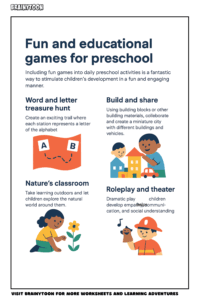
Build and share
Using building blocks or other building materials, collaborate and create a miniature city with different buildings and vehicles.
This activity supports fine motor development and spatial reasoning while naturally promoting language skills, creative thinking, and confidence in self-expression.
As a group, discuss the various functions within a city and the important roles people play in community life.
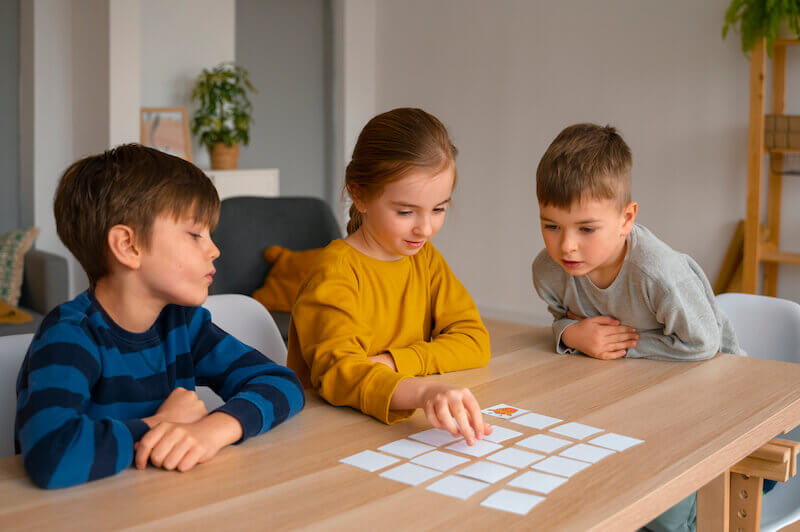
Nature’s classroom
Take learning outdoors and let children explore the natural world around them. Through mindful observation of plants, insects, and animals, they develop early science concepts and environmental awareness.
These experiences foster a sense of wonder and environmental stewardship while stimulating curiosity about the world.
Plant Bingo: Create bingo cards featuring pictures of local plants. Take children on a nature walk and let them mark them off as they spot them in their natural environment.
Nature Memory Game: Collect natural items (such as leaves, stones, pinecones, and sticks) and arrange them in pairs for a sensory-rich memory matching game that strengthens observation skills and concentration.
Music and movement
Music-based activities are excellent for developing children’s sense of rhythm, listening skills, and physical coordination.
Through singing and movement games, children learn new vocabulary, express emotions, and improve gross motor control in a joyful atmosphere.
Freeze Dance: Play upbeat music and encourage children to dance freely. When the music suddenly stops, everyone must freeze in place. This simple game delights children while improving listening skills, body control, and reaction time.
Roleplay and theater
Dramatic play helps children develop empathy, communication, and social understanding. By taking on different roles, children practice perspective-taking and emotional expression within a supportive environment.
Career exploration: Provide dress-up clothes and props representing different professions—doctors, firefighters, teachers, chefs, and more. As children embody these roles, they gain an understanding of community helpers and diverse career possibilities.
Storytelling with puppet theater: Use puppets or child-created characters to retell familiar stories or collaborate on original narratives. This activity builds language skills, creativity, and confidence in public speaking.
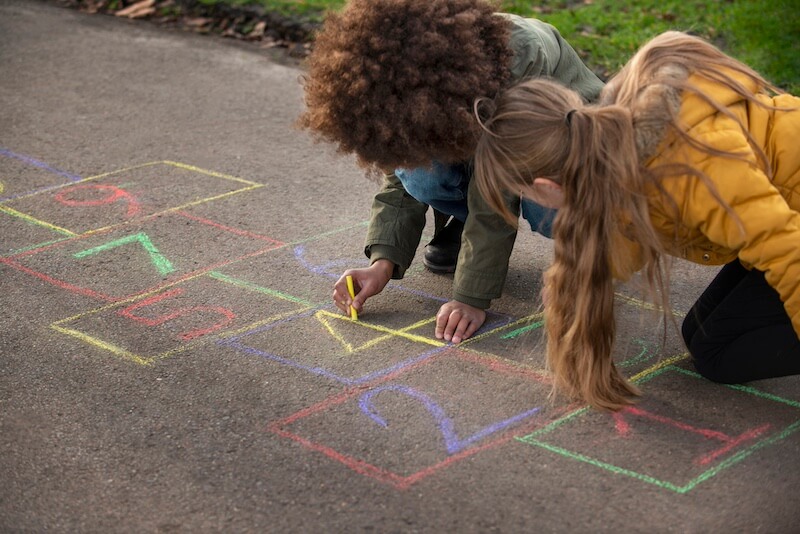
Math through play
Incorporate playful counting and sorting activities that make mathematical concepts concrete and accessible.
Shape Hopscotch: Create a hopscotch pattern using different geometric shapes instead of numbers. Children hop while identifying each shape, connecting physical movement with mathematical vocabulary.
Counting Carnival: Set up simple carnival-style games where children count objects, match quantities, or sort items by attributes like color or size. Award simple prizes to maintain engagement while building number sense.
Educational games in preschool provide valuable opportunities for children to learn through play, the most natural and effective way young children develop.
These activities build not only academic foundations but also nurture the social, emotional, and creative abilities essential for lifelong learning.
